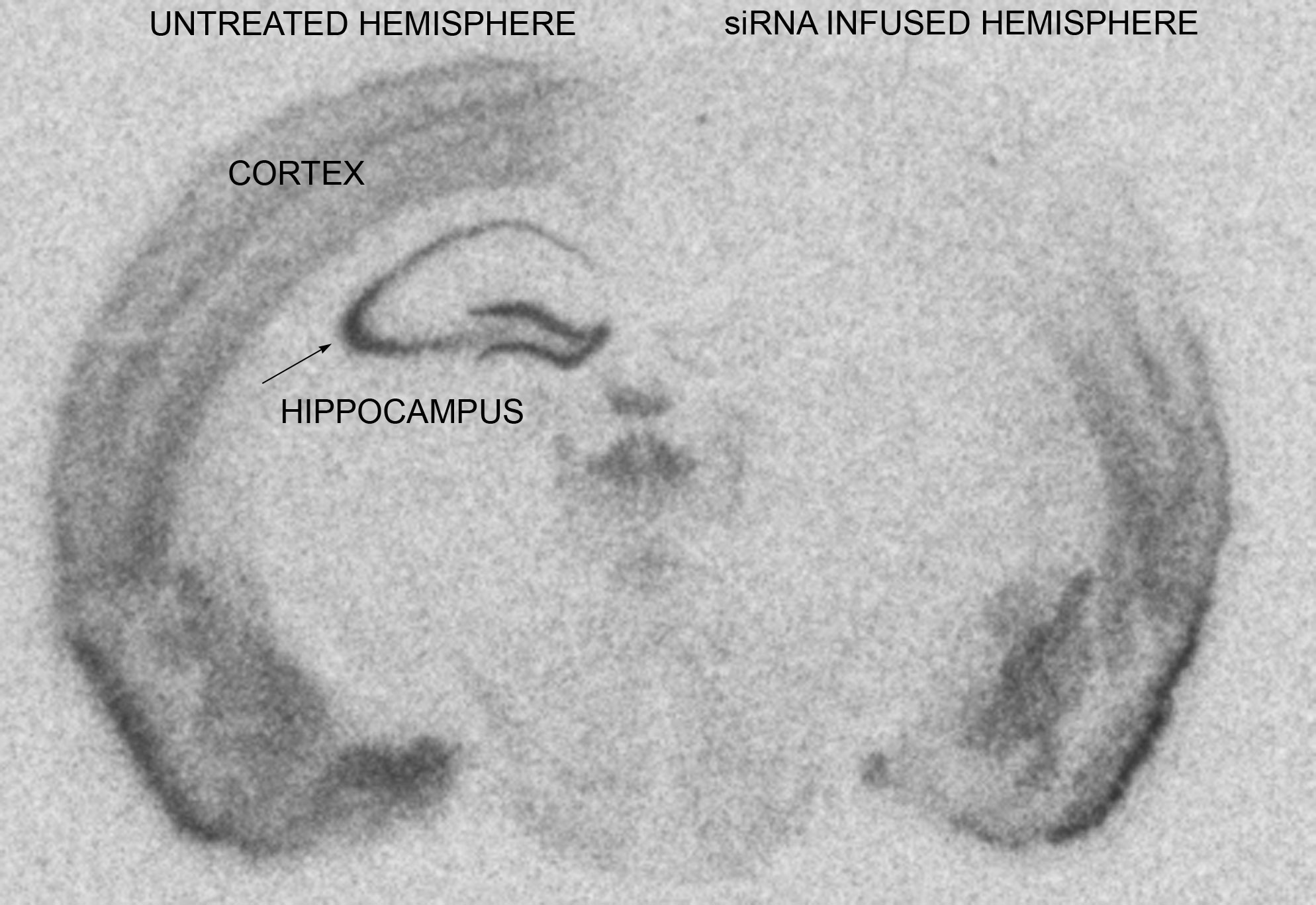Researchers at the Mayo Clinic studying Parkinson’s disease have made a breakthrough therapy that could slow progression of the disease or even halt its onset.
Previous research has discovered that patients with Parkinson’s have an abnormal abundance of alpha-synuclein, a protein, which is believed to be the cause of the disease. Targeting this protein has since taken forefront of their studies and researchers have developed a method to reduce the expression of alpha-synuclein in the brain.
Demetrius Maraganore, MD and Matthew Farrer, Ph.D. targeted this protein in their procedure in which RNA interference compounds are delivered directly to specific areas of the brain. Once injected, these compounds work to silence the gene that produces alpha-synuclein. Silencing this gene will stop production of this protein and excess protein gathering (as in found in patients with Parkinson’s) will cease.
Their study is based on previous studies in which Maraganore and Farrer found that variations of the alpha-synuclein gene which increased protein expression significantly increased development of Parkinson’s, demonstrating that the protein is responsible for development of the disease.

This image shows a mouse brain. The shaded portions represent the 'genetic message' for the alpha-synuclein gene. The right side of the brain was infused with the RNA interference compound and the gene has been effectively silenced. Photo Credit: Mayo Clinic News
Published in this month’s issue of Molecular Neurodegeneration, a study examining the effects of these interfering RNAs on gene expression was tested in mice. “By infusing [interfering RNAs] into the brains of mice, we were ale to effectively reduce the production of alpha-synuclein in the brain,” says lead author and Mayo neuroscientist Heather Melrose. “The therapy produced gene silencing that lasted up to three weeks after treatment and the mice exhibited no ill effects. These are desirable characteristics of a drug therapy ultimately intended to treat disease in humans.”
Although the method has generated positive results in mice, the treatment has not yet been studied in humans. Despite this, Mayo researchers remain hopeful of further good news. “We expect that these findings lead to an effective treatment for slowing or even halting the progression of Parkinson’s disease,” says Maraganore.
Parkinson’s disease is one of the most common degenerative neurological disorders affecting 1.5 million people in the US. Parkinson’s is characterized by the destruction of neurons in the substantia nigra region of the brain. These cells are responsible for the production of dopamine which allows coordinated function of muscles, movement and signals from the brain. Without dopamine, motor function becomes impaired and other signals from the brain are misinterpreted or not received at all. Tremors, slow movements, stiffness and imbalance are all symptoms of Parkinson’s and can severely impair normal life. According to the National Parkinson’s Foundation, the disease affects 1 out of every 100 people over the age of 60. Globally, 2% of the population worldwide will develop Parkinson’s in their lifetime according to projections made by the Mayo Clinic.
The alpha-synuclein protein is also involved in other disorders that result in neuronal degeneration including multiple system atrophy (MSA) and dementia with Lewy bodies. Researchers are hopeful that similar treatments with RNA interference compounds could offer results for patients with these disorders as well as those suffering from Parkinson’s disease.
References:
National Parkinson Foundation




Comments